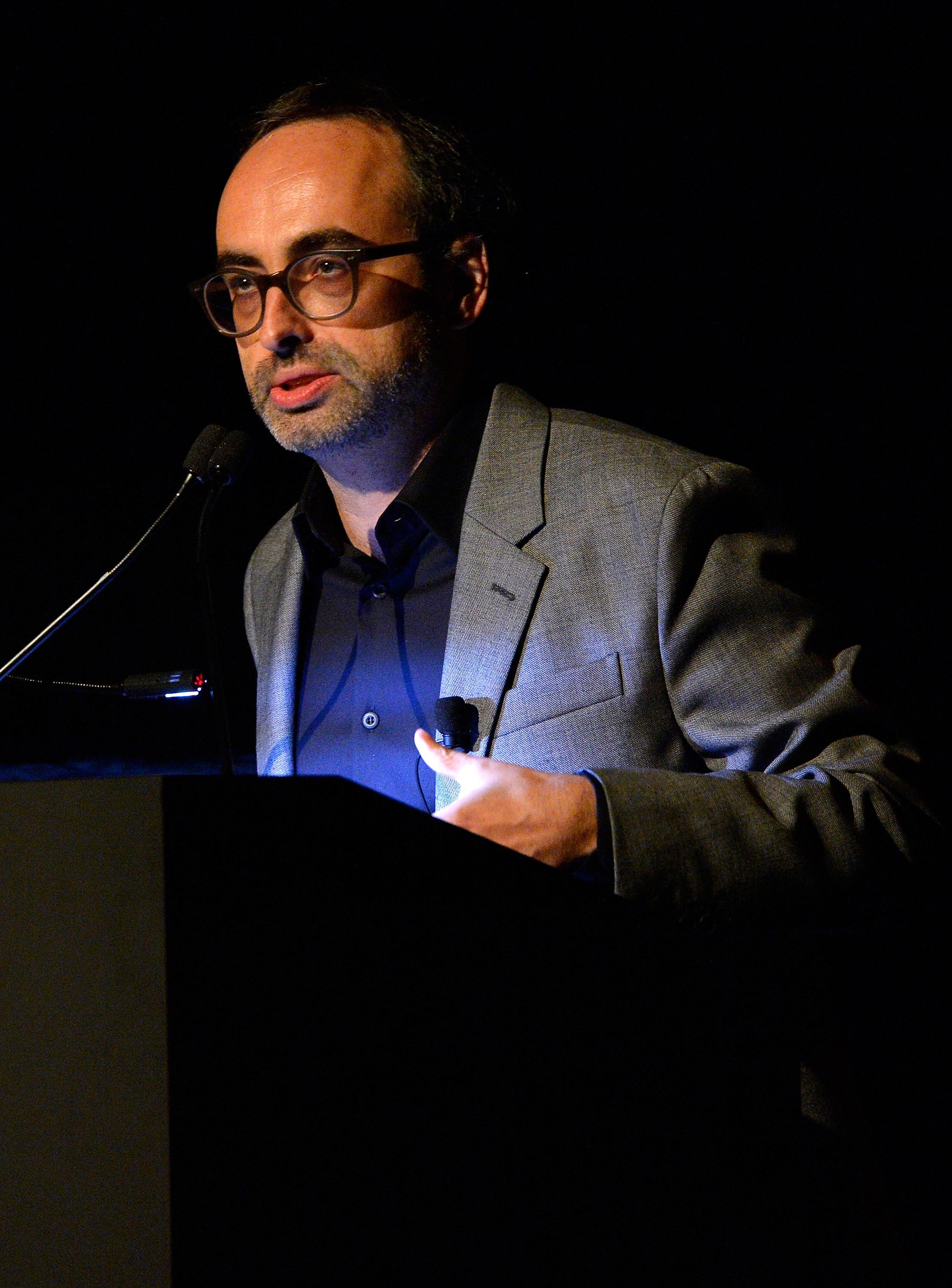Last week the Guardian published a piece lauding 10 authors who “excel on the Internet,” “finding imaginative ways to negotiate the new era of electronic intimacy with readers.” According to the Guardian, these Web laureates—Margaret Atwood, Gary Shteyngart, Teju Cole, Ursula K. Le Guin, David Mitchell, Neil Gaiman, Paulo Coelho, Haruki Murakami, Veronica Roth, and Salman Rushdie—perform impressive Internet feats such as posting on Twitter, Tumblr, and Instagram, sometimes in ways that relate to their livelihood as writers, often in ways that don’t. And these names surely do deserve our admiration. But the lists can prove nettlesome when they praise authors who, quite frankly, are not very good at the Web at all.
The Guardian isn’t the first publication to compile such a list. Mashable has anointed the “best authors on Twitter”; Flavorwire wrote about the writers that “run the literary internet.” But what does it mean for an author to be good at the Internet, anyway? Lists like these tend to devolve into patronizing congratulations to anyone who has a Twitter account or knows what a GIF is. They’re unenlightening: In general, an author is effective online in the same way that anyone is effective online—by posting clever or provocative updates, viral arguments, and/or appealing photos. Yawn. So the Guardian celebrates Rushdie for his “quick wit and satisfying unrestraint” on Twitter; Le Guin for her perceptive blog posts; Coelho for his crackling Facebook feed; Cole for his mesmeric vacation Flickr stream.
It can all feel like a big, dumb exercise in “Authors! They’re just like us!”. In addition to operating a keyboard without significant loss of life and limb, some literary lights get celebrated for using the Internet to foster connections with readers. For example, Gaiman makes fans feel involved in his creative process by soliciting short story ideas via Twitter. Coelho crowdsources his research on Facebook. Murakami pens a sporadic online advice column. Shteyngart uploads charming images of his dachshund pups to Instagram and promotes new work in self-deprecating promotional videos featuring “James Franco in a pink dressing gown.” Margaret Atwood is said to have “disrupted literature” by designing superhero avatars for potential fans.
But interacting with the people you want to buy your books isn’t in itself an act of inspired imagination, especially when it involves dispatches as random (yet predictably treacly) as dachshund snaps. I’d argue that what really makes an author good at the internet is the same thing that wins any paperbound plotter legions of adoring fans: the element of surprise. And by this metric, the most brilliant internet practitioner in the literary world is Jonathan Franzen.
Franzen’s emphatic absence from social media earns him tons of relevant publicity, cementing his image as the curmudgeonly champion of an old-school world of letters. “Jonathan Franzen Hates the Internet,” marveled Slate in 2013. Vulture: “Jonathan Franzen Still Doesn’t Like the Internet.” Salon: “Novelist Jonathan Franzen hates the Internet.” The New Yorker: “Come on in, Mr. Franzen! The water’s fine.” Meanwhile, tweeting at Franzen’s stony, implacable back as he disavows all things digital has become its own cottage industry. The only way he could possibly effect a more forceful presence online would be if he removed all traces of himself from Google.
Therefore, I propose we cease celebrating in our authors the following webby traits: uncreatively peddling one’s brand on social media; putting stories online that would be perfectly fine, if not better, off-screen; playing with the web’s quirks and peculiarities in ways that feel calculatedly endearing. Instead, maybe we should limit future lists of web-conquering authors to one name: Jonathan Franzen, ruler of the Literary Internet without doing anything at all.
